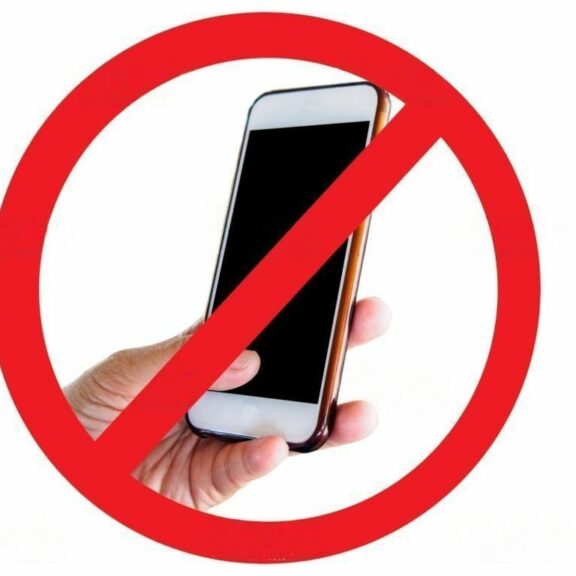
In today’s fast-paced business landscape, mobile phones are an essential tool, often seemingly attractive for business communications. However, using a mobile number as a primary point of contact has major disadvantages that businesses need to be aware of. The order of the following factors, based on their level of importance, reveals why relying on a mobile number might not be the best idea for your business:
Eroding Professionalism
The perception of professionalism can be undermined when a mobile number is a business’s primary contact point. It can unintentionally signal that your business might be less established or reliable than those with dedicated landlines or business phone systems. A dedicated business line, an inherent symbol of professionalism, can significantly enhance your company’s credibility.
Inefficient Call Management
The challenges of efficiently handling high call volumes with a mobile phone can damage a business’s reputation. If the mobile number is shared among multiple employees, missed calls or delayed responses can lead to deteriorating customer service. In contrast, business phone systems offer features that effectively manage high call volumes, ensuring seamless communication.
Limited Business Features
Mobile phones, despite their wide array of applications, lack essential functionalities standard on business phone systems. Critical features such as advanced call forwarding, conference calling, and sophisticated voicemail options are indispensable for streamlined business operations. Therefore, relying on a mobile phone could limit your business’s communication capabilities.
Scalability Concerns
Scalability is a critical factor for growing businesses. While adding services or devices to a mobile plan can be a slow and laborious process, business phone systems are designed to scale effortlessly, enabling quick adaptability as your business grows.
Privacy Risks
Using a mobile number for your business involves significant privacy risks, including inaccurate Caller ID services, potential number spoofing, and the necessity to withhold numbers from non-established customers. In contrast, business phone systems offer robust privacy settings, providing a more secure method of communication.
Subpar Call Quality
Constant disruptions and dropped calls due to poor signal strength with mobile phones can frustrate customers and tarnish your business’s image. Landlines and business phone systems generally deliver consistent and superior call quality, ensuring smooth communications.
Unreliable Caller ID
Caller ID can be unreliable on mobile phones, especially for VoIP calls. Caller ID spoofing, where callers manipulate their numbers to appear differently, can cause confusion and pose a security risk.
The emergence of a ’24/7 Availability’ Expectation
The use of a mobile phone for business can blur the lines between personal and professional life. This could lead to customers expecting availability outside of typical working hours, possibly causing an imbalance and potential burnout for business owners.
Increased Vulnerability to Threats and Scams
Compared to dedicated business phone systems, mobile phones can be more susceptible to cyber threats such as phishing, malware, and data breaches. This has become increasingly relevant with the surge of cybercrime cases in the UK.
Difficulties in Maintaining Consistent Branding
A dedicated business line allows for a consistent and professional customer experience, enhancing your brand image. This could include professional voicemail messages, hold music, and automated attendants to guide callers, which are challenging to implement on a mobile device.
Dependence on Individual Devices
Reliance on individual mobile devices can lead to business loss if the phone is lost, stolen, or damaged, preventing customers from reaching your business. Conversely, business phone systems are more robust and offer alternatives if a particular line or system encounters issues.
Challenges with Employee Turnover
Using personal mobile numbers for business can pose problems when employees leave the company. Clients who have these numbers may continue to call them, leading to potential business loss and privacy concerns. On the other hand, dedicated business lines remain with the company, ensuring continuity of service.
In conclusion, while a mobile phone may seem like a handy solution for business communications, the drawbacks make it a less-than-ideal choice. Its limitations can impact professionalism, efficiency, scalability, privacy, and quality of service, which are all critical to successful business operations. It’s worth considering a dedicated business phone system that offers superior functionality, reliable service, and a more professional appearance to optimise your business communication strategy.



